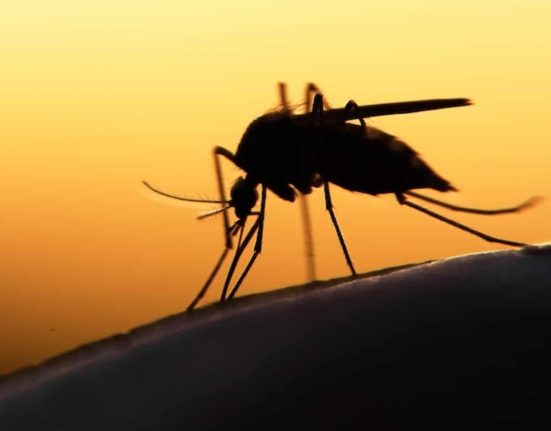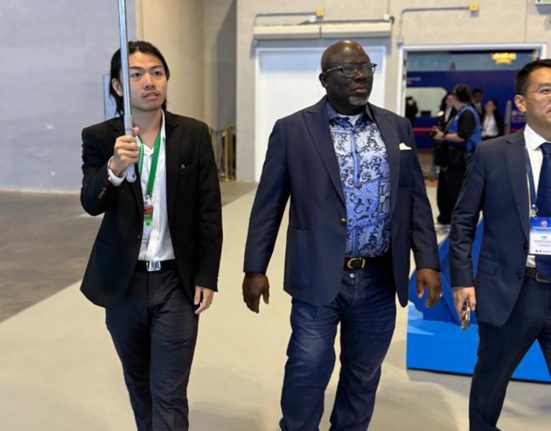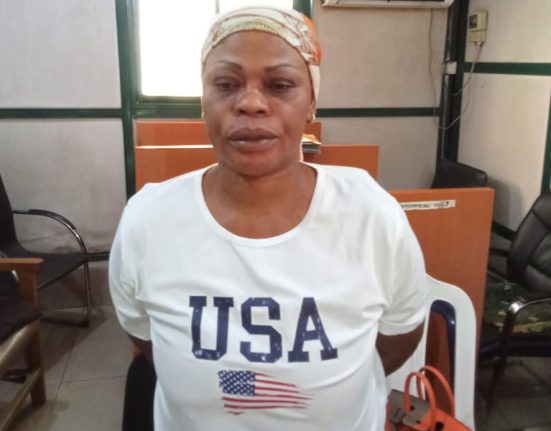Delta State has kicked off a 44-day statewide campaign aimed at distributing over 3.1 million insecticide-treated mosquito nets (ITNs) to residents in all 25 local government areas. The initiative, which is in partnership with the National Malaria Elimination Programme (NMEP), is a key component of the state’s ongoing efforts to combat malaria, one of the leading causes of death in Nigeria.
The campaign was officially launched by the Delta State Ministry of Health, with Dr. Julie Aniah, the state’s Malaria Programme Manager, underscoring the importance of community involvement and media partnership in ensuring the success of the initiative. During a media briefing held in Asaba, Dr. Aniah called on journalists to actively support the campaign by spreading awareness about malaria prevention and the life-saving benefits of using ITNs.
The State Government’s efforts are supported by the Society for Family Health, with Mr. Gbue Denen Daniel, Campaign Manager, highlighting the urgency of the malaria crisis in Nigeria. According to Mr. Daniel, Nigeria accounts for approximately 110 million clinically diagnosed cases of malaria annually, resulting in about 30% of childhood deaths and 11% of maternal deaths. He emphasized that malaria remains the most prevalent preventable public health issue in the country, with nearly 97% of the population at risk, particularly children under five years old and pregnant women.
The distribution of mosquito nets is expected to significantly reduce malaria transmission rates in Delta State, which, according to the 2015 Malaria Indicators Survey, had a 27% prevalence rate—a substantial decrease from 42% in 2010. By promoting the widespread use of ITNs, the state government aims to continue this downward trend, building on the success recorded in the 2018 Nigeria Demographic and Health Survey, which noted a further reduction in malaria prevalence to 22%.
In addition to the physical distribution of the nets, the campaign will include public sensitization programs to educate residents on the proper use and maintenance of the mosquito nets. The Delta State government is also collaborating with local health workers and community leaders to ensure that the most vulnerable groups, particularly children and pregnant women, are prioritized.
The 44-day campaign is poised to make a lasting impact on malaria control in Delta State, and it aligns with Nigeria’s broader national goal of eliminating malaria as a public health threat in the near future.







